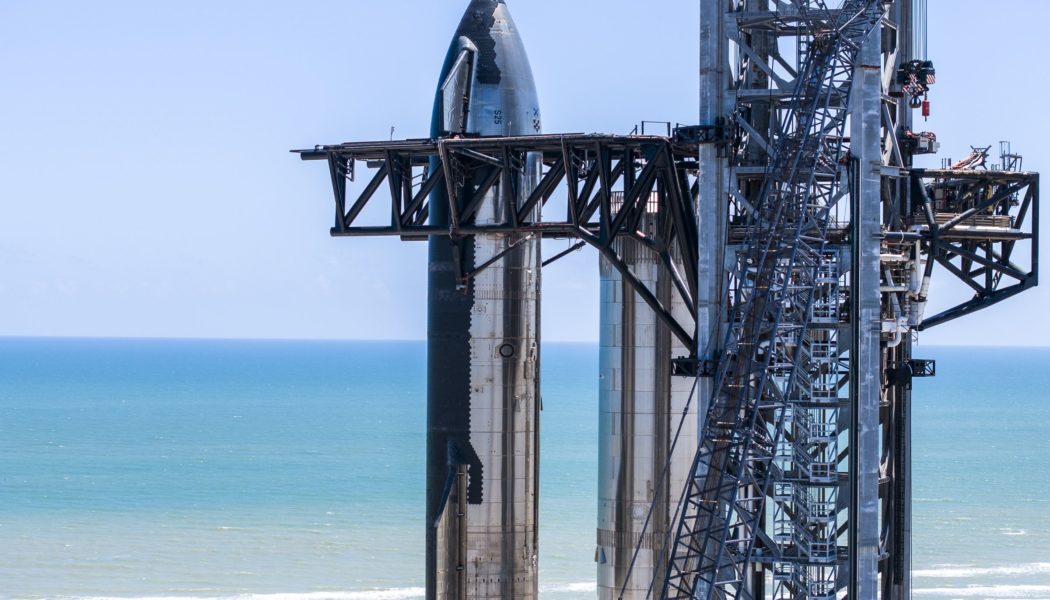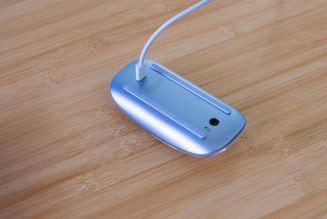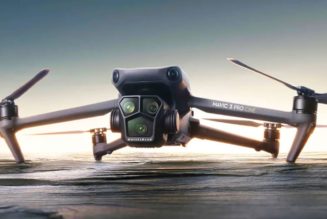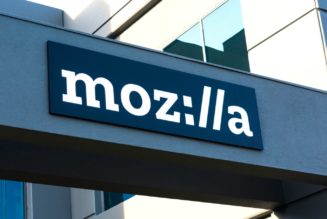Starship’s first flight test ended in flames, but now the FAA has signed off on another launch attempt that could take off Friday morning.
Share this story
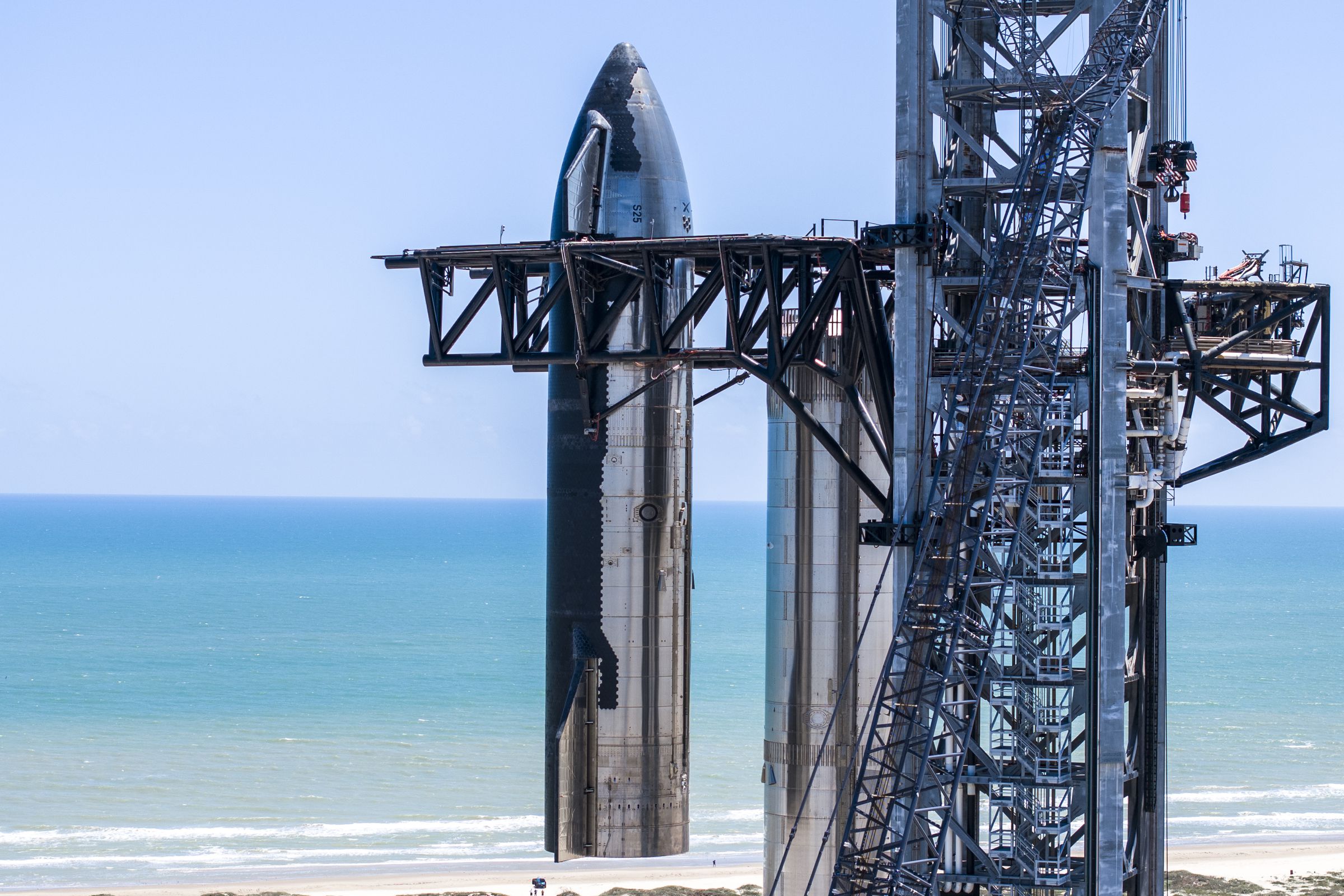
The second test flight for SpaceX’s Starship rocket has now been given the all clear by the Federal Aviation Administration (FAA). The FAA said in a statement that it “has given license authorization for the second launch of the SpaceX Starship Super Heavy vehicle. The FAA determined SpaceX met all safety, environmental, policy and financial responsibility requirements.”
SpaceX confirmed it’s now targeting November 17th for the test, with a two-hour launch window starting at 8AM ET.
The launch was initially grounded following an investigation into the first orbital launch test for the Starship and Super Heavy booster in April, which burst into flames and fired detonators to self-destruct about four minutes into its flight. SpaceX said in a September report that leaking propellant from the Super Heavy booster was behind the failure, having “severed connection with the vehicle’s primary flight computer.”
The FAA identified 63 actions that SpaceX needed to implement on the Starship and at the launch site before making further attempts.
The damage to the surrounding area was criticized by environmental activists and local residents near the Starbase facility in Boca Chica, Texas, with debris from the explosion known to have struck at least one vehicle. To launch again, SpaceX needed to obtain a license modification from the FAA covering “all safety, environmental and other applicable regulatory requirements.” SpaceX says this second flight will “debut a hot-stage separation system and a new electronic Thrust Vector Control (TVC) system for Super Heavy Raptor engines, in addition to reinforcements to the pad foundation and a water-cooled steel flame deflector, among many other enhancements.”
SpaceX CEO Elon Musk shared a video of the fully assembled Starship vehicle on its launchpad on September 5th, saying that it would be ready to launch following “FAA license approval.” Musk followed up on September 10th, saying the necessary updates had been made for the FAA to approve further Starship tests.
If all goes well (subject to the usual preflight checks and weather conditions), then this Starship will fly for 90 minutes after launch before making its own vertical descent into the Pacific Ocean.
